Resources
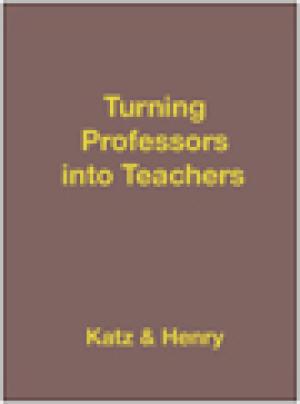
A really thoughtful and skillful examination (based on two research projects conducted between 1978 and 1987 which involved fifteen institutions) of the ways in which faculty and students think and learn, offering a concept of undergraduate teaching as a lifelong art that involves the continuous interaction of professors and students. (From the Publisher)
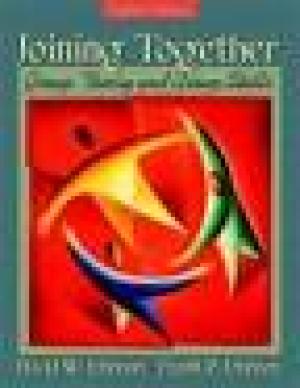
This best-selling book is a broad integrative overview of group dynamics. It introduces readers to the theory and research findings needed to understand how to make groups effective and to the skills required to apply that knowledge in practical situations. Joining Together illustrates how this knowledge and mastery of skills creates choices, opportunities, and successes for each individual. No other book offers the scope of coverage and the range of experiential exercises of Joining Together. Bridges the gap between theory and practice by combining theoretical and empirical knowledge with practical ways to apply it to the groups in which readers belong. For anyone interested in group dynamics in business, psychology, and social work. (From the Publisher)
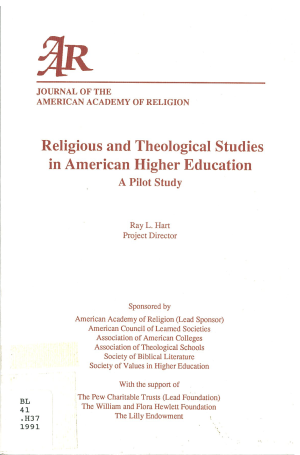
Journal Issue.

"This handbook provides essential information on regulations and procedures. It is a compilation of policy and procedure statements from a variety of the Department, College of Arts and Science, and the University Graduate School documents. It is intended as a guide to fulfilling the responsibilities associated with an appointment as an Associate Instructure"
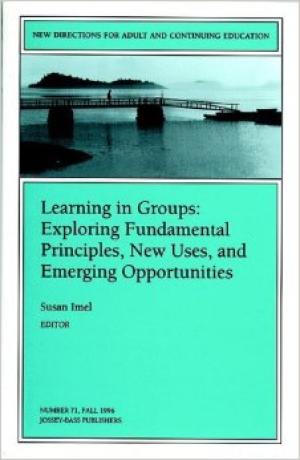
Learning in groups has deep historical roots in adult education, and adult educators use groups frequently in structuring learning experiences. Also, groups form the basis for mauch informal adult learning, both within and outside institutional boundaries. Although many adult educators espouse the value of learning in groups, the topic has been a relatively minor theme in the field's recent literature. The purpose of this volume of New Directions for Adult and Continuing Education is to examine selected aspects of learning in groups, including both theoretical concepts and actual practice. The chapter authors assess the status of group learning in adult education; the volume should be helpful to adult educators as they reflect on their use of groups. This is the 71st issue in the journal series New Directions for Adult and Continuing Education. (From the Publisher)
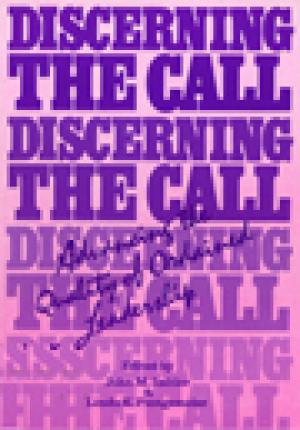
In 1986, 43 percent of Disciples clergy were between fifty and sixty. Where will their replacements come from, and how can we help them recognize and respond to their call? (From the Publisher)
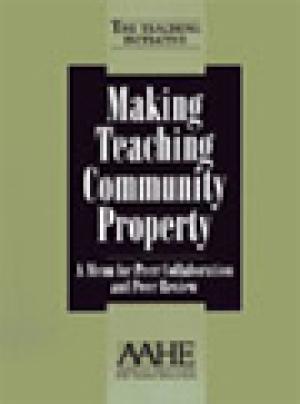
Describes strategies through which faculty can document and "go public" with their teaching - be it for purposes of improvement or evaluation. Each of nine chapters features a different strategy - from the fairly simple, low-risk "teaching circle," to "course portfolios," to more formal departmental occasions such as faculty hiring - with reports by faculty who have actually tried each strategy, guidelines for good practice, and an annotated list of resources. Offers lessons campuses can use to create more effective systems for the formal evaluation and reward of teaching. (From the Publisher)
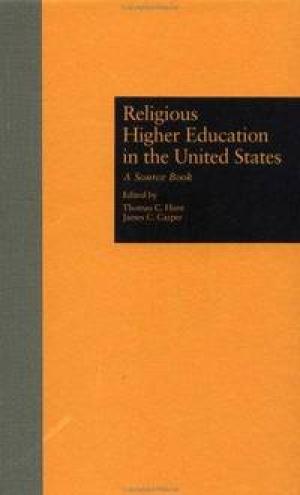
Higher education today suffers from lack of a clearly articulated purpose-a deficiency particularly challenging to religious-affiliated institutions. What is the relationship of secular learning to the faith that originally undergirded these institutions? This book offers the reader answers to this and other major questions currently facing denomination-affiliated institutions of higher education. Following a chapter on civil government's relationships to these institutions, 24 chapters survey the colleges, universities, and seminaries associated with denominations. Each chapter begins with an historical essay followed by annotated bibliographic entries covering primary and secondary sources dating back to 1986 on various denomination-connected institutions. There are 614 bibliographic entries, an epilogue on critical issues covered throughout the book, as well as a subject and author index. (From the Publisher)
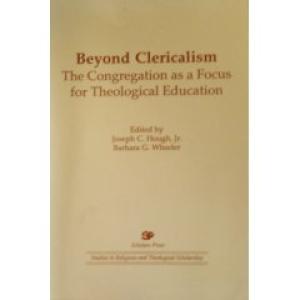
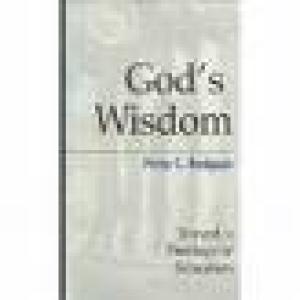
Drawing upon classical and modern theological resources as well as postmodern pedagogical theories, Peter Hodgson argues that God's Wisdom, incarnate in paradigmatic teachers such as Jesus of Nazareth, forms and transforms human beings by evoking critical thinking, heightened imagination, and liberating practice. This groundbreaking book reexamines the place of religion in liberal education and the relationship between religious and theological studies. (From the Publisher)